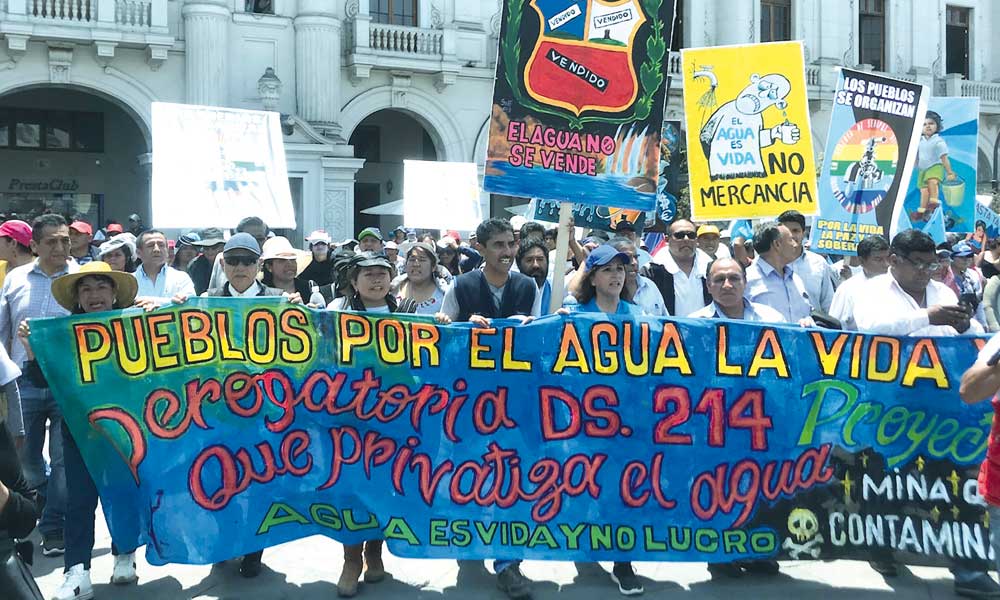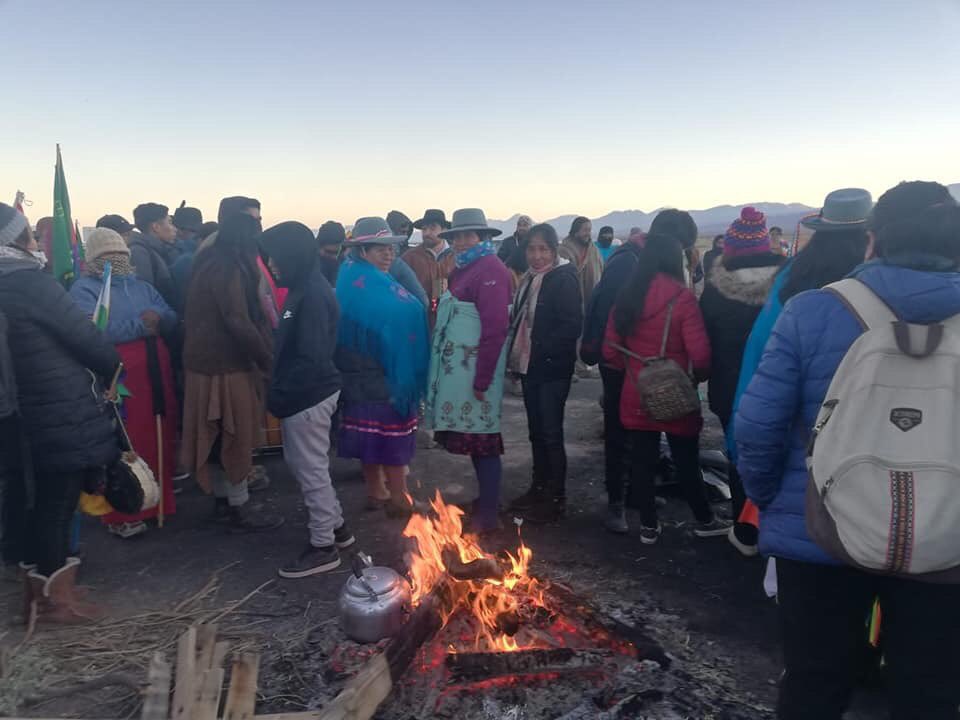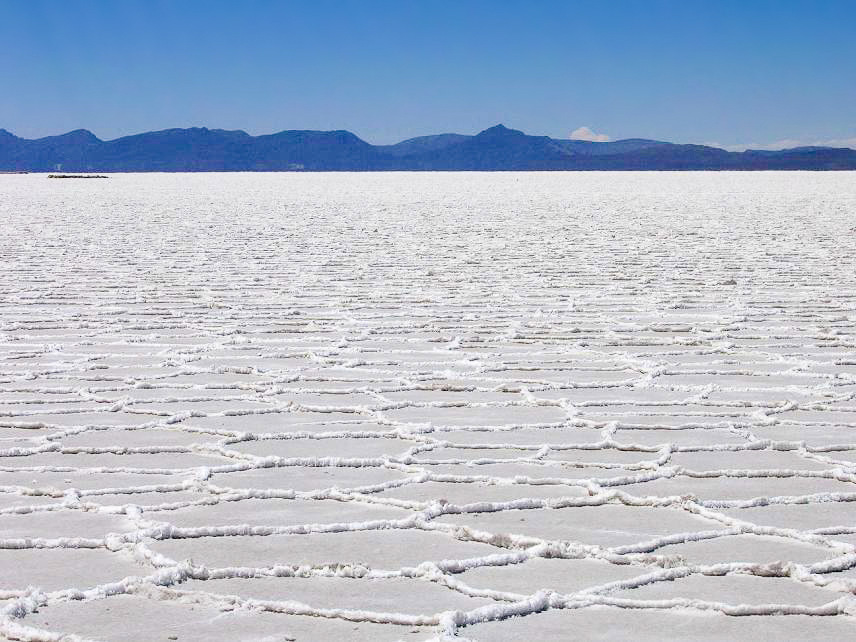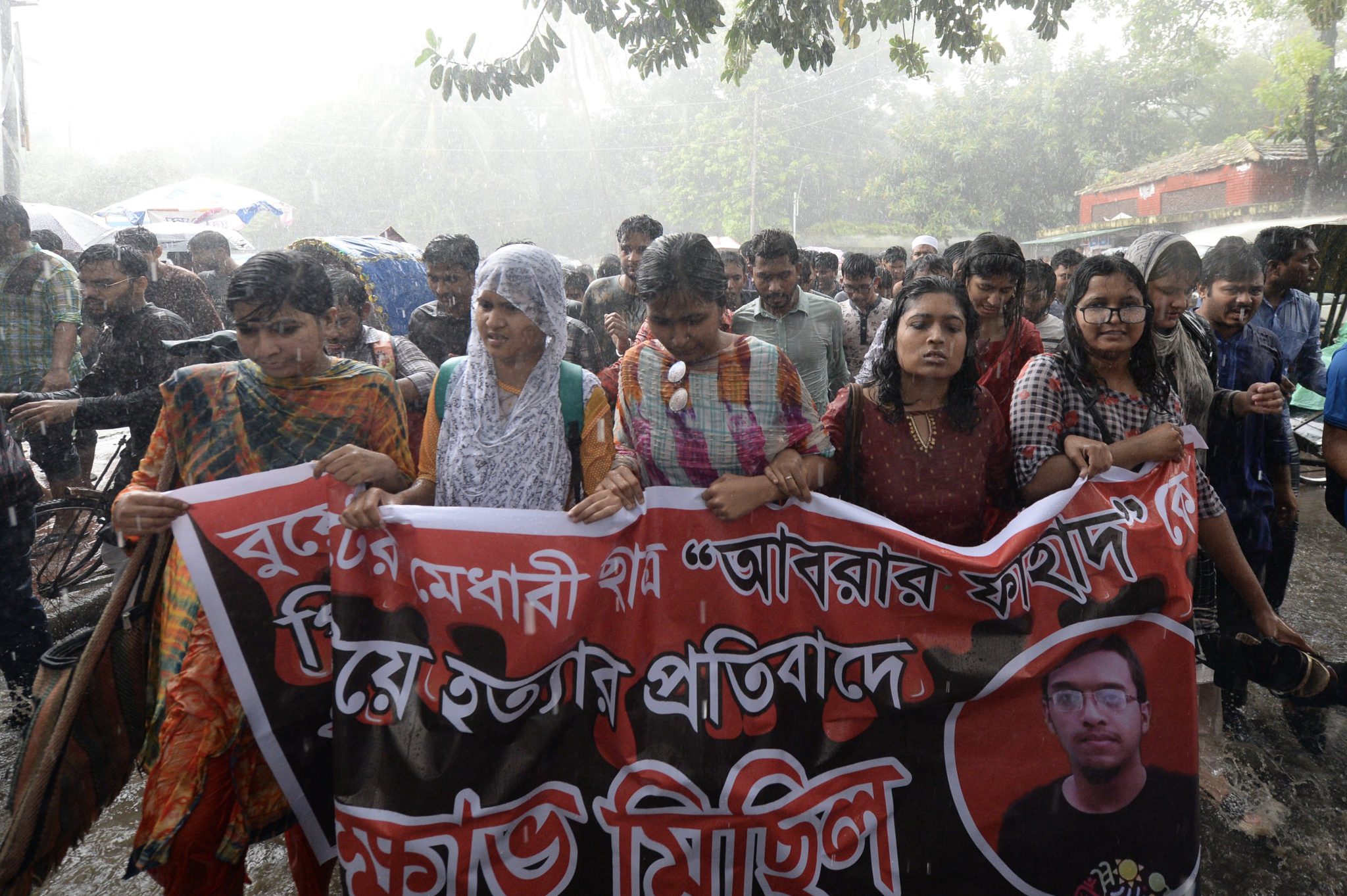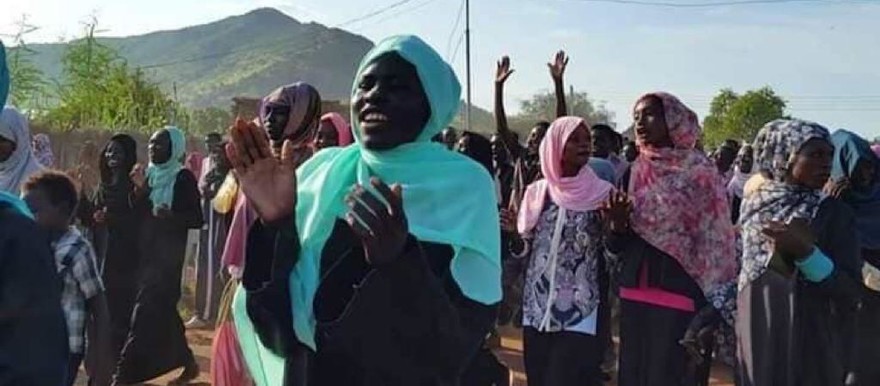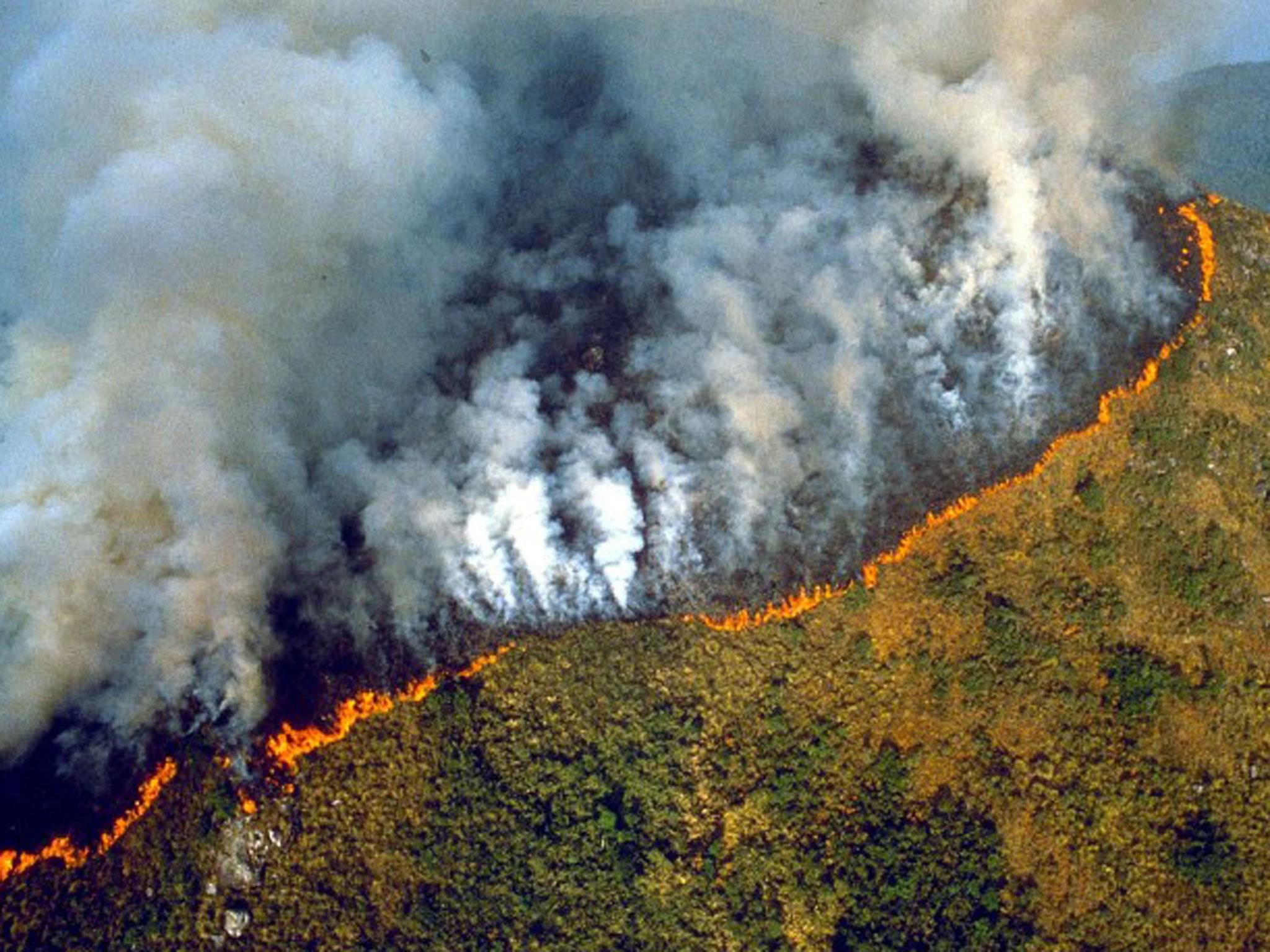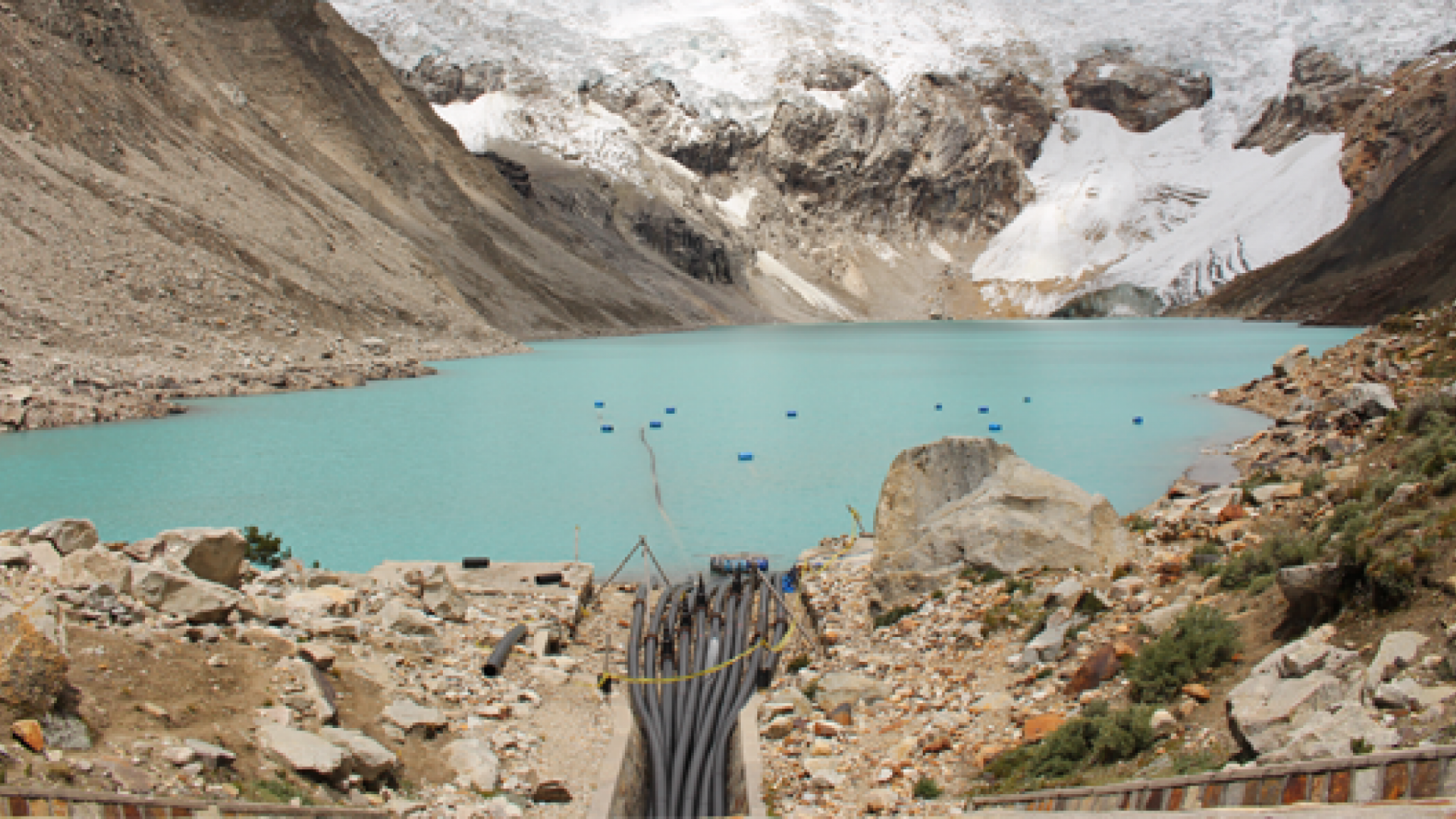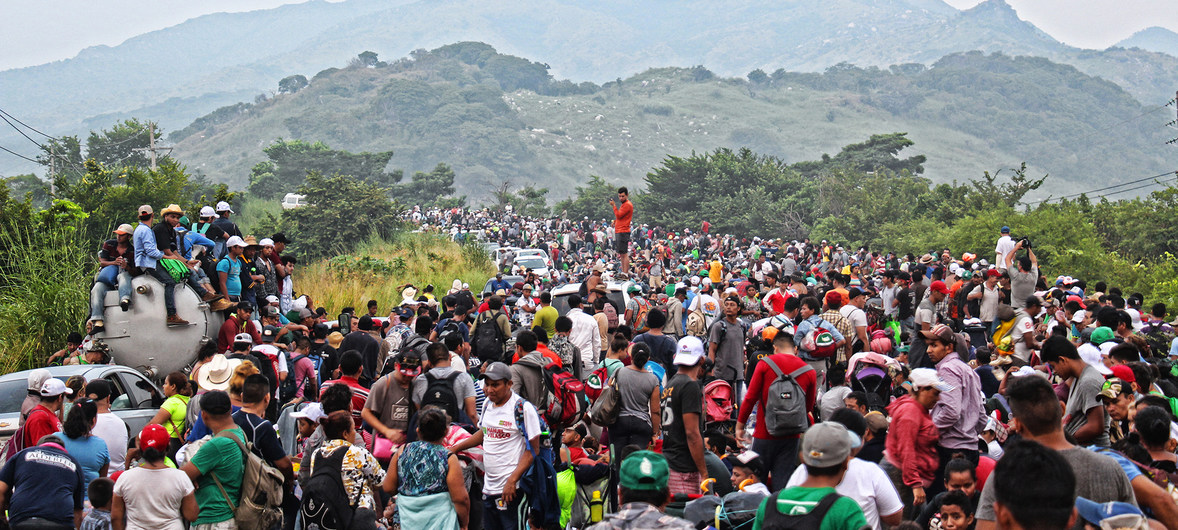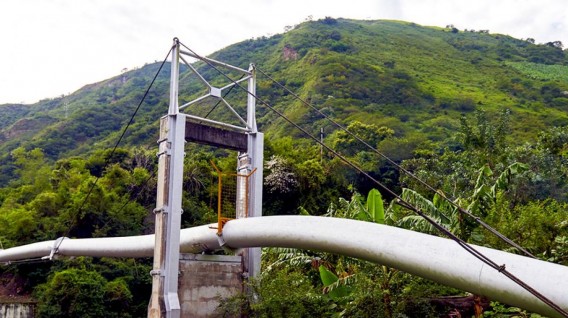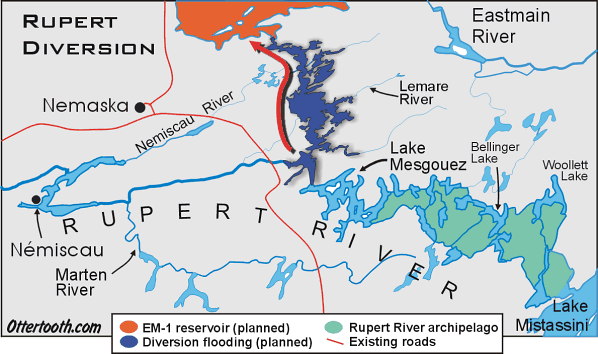
NYC ‘Green New Deal’ to fund mega-hydro?
New York’s Mayor Bill de Blasio is aggressively touting his “Green New Deal,” boasting an aim of cutting the city’s greenhouse-gas emissions 40% of 2005 levels by 2030. Centerpiece of the plan is so-called “zero-emission Canadian hydroelectricity.” The city has entered into a deal to explore new power purchases from provincial utility Hydro-Quebec. But this power is predicated on expansion of the massive James Bay hydro-electric complex in Quebec’s far north, which has already taken a grave toll on the region’s ecology, and threatens the cultural survival of its indigenous peoples, the Cree and Inuit. And it isn’t even really “zero-emission.” (Map: Ottertooth.com)



